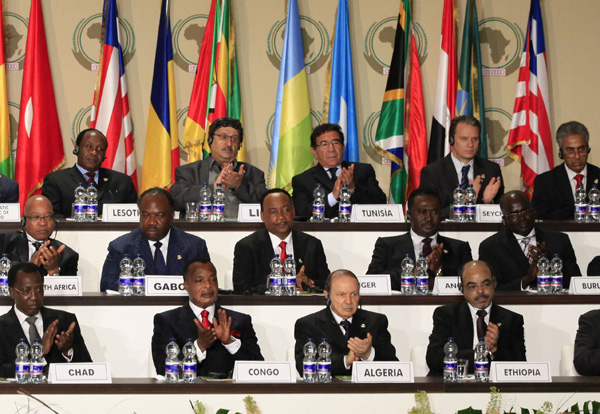
How does evolving social media and a compressed timetable cause us to rethink tools of diplomacy? To tackle that question and many others, Johns Hopkins SAIS hosted a Search for Common Ground event on October 9 entitled “The Global Power of Talk: Lessons of Diplomacy and Negotiation.” The panel at this Conflict Prevention and Resolution Forum consisted of Chester A. Crocker, Fen Osler Hampson, David E. Sanger, I. William Zartman, with Paul B. Stares as the moderator. The discussants focused on the nexus of current events and the evolution of negotiations in diplomacy. They drew from Zartman and Hampson’s new book, The Global Power of Talk: Negotiating America's Interests, which identifies 14 different forms of negotiations used in diplomatic talks.
Perhaps the most congruent takeaway from this forum is the need for “digestible diplomacy” and new types of engagement that traditional “carrot and stick” diplomacy does not cover. David Sanger, the chief Washington correspondent for The New York Times, discussed the increasing difficulty of facilitating backdoor diplomacy in relation to today’s social media. Evolving technology, shortened reaction times, and increased representation of civil society groups all play more central roles in negotiations and diplomatic discussions. During the Arab Spring, civil society and media coverage allowed for increased awareness about current events. Sanger pointed out that the compressed timetable created enormous pressure for fast action, perhaps lending to the immediate response of the U.S. government in regard to Libya.
Recognizing the shifting nature of negotiations in diplomacy allows us to more clearly understand the circumstances surrounding the peace talks between South Sudan and Sudan. While it is easier than ever before to connect with people across the world and track the developments in, say, a peace negotiation in real time, this interaction does not necessarily translate into better policy or effective peace agreements. We often see hardened positions that have been shaped prior to negotiations, making viable diplomatic efforts and compromises more difficult to achieve. As a result, we must continue to recognize the shifting nature of diplomacy while encouraging negotiators and governments to form better action plans for effective diplomacy, especially in sustained, intractable conflict zones.
Photo: Heads of state at an African Union summit (AP)

